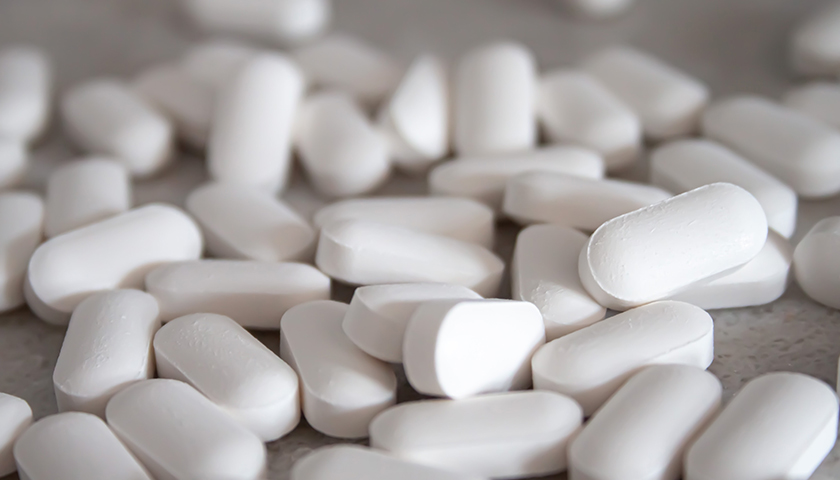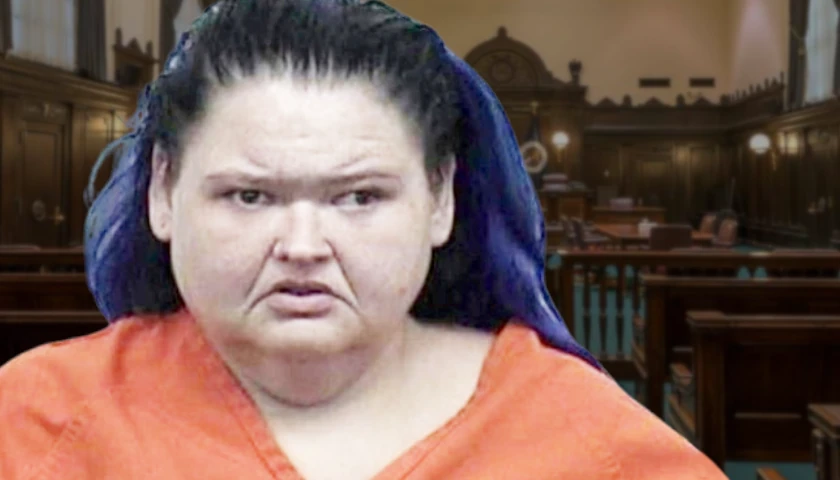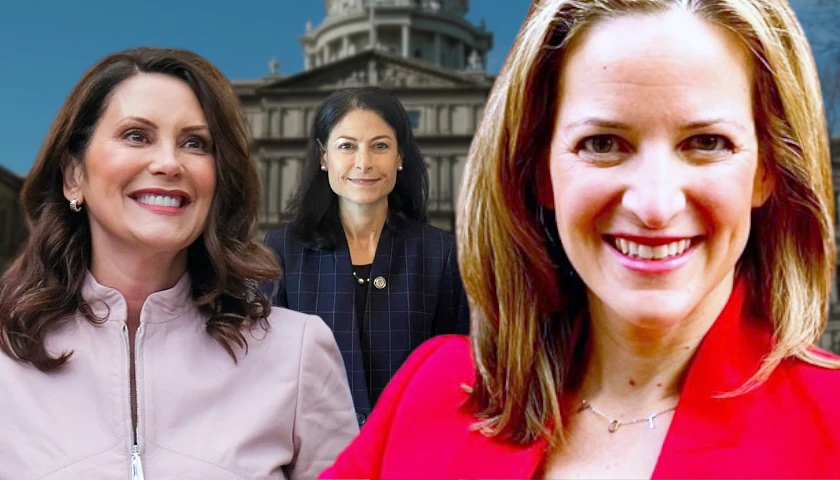by Scott McClallen
Michigan could receive $800 million under a proposed multibillion-dollar national opioid settlement, Michigan Attorney General Dana Nessel said.
The settlement would involve Johnson & Johnson and the three largest pharmaceutical distributors in the country: Cardinal Health, McKesson, and AmerisourceBergen.
The historic agreement would resolve the claims of state and local governments nationwide and require industry changes.
Michigan could receive up to nearly $800 million depending on the allocation metrics and local government participation. Only the 1998 national tobacco settlement involved a higher monetary amount than this proposed settlement.
In 2018, 2,036 Michiganders died from an opioid overdose.
“When I ran for Attorney General, I made a commitment to do everything possible to assist our state residents whose lives have been torn apart by the opioid epidemic. I am thrilled to be delivering on that promise,” Nessel said in a statement. “This historic settlement will help save lives and further combat the ongoing crisis, while also ensuring those who created this catastrophe pay for our collective recovery. For far too long, local communities have carried the burden of fighting against the opioid epidemic and felt those in a position to advocate for them weren’t listening. This settlement will bring much-needed financial support for ongoing intervention, services and treatment efforts statewide, and eventual healing for Michigan families.”
Overview:
- The three distributors collectively will pay up to $21 billion over 18 years.
- Johnson & Johnson will pay up to $5 billion over nine years, with up to $3.7 billion paid during the first three years.
- The majority of the money is to be spent on opioid treatment and prevention.
- Each state’s share has been determined by a formula accounting for the population of the state and impact – the number of overdose deaths, the number of residents with substance use disorder, and the number of opioids prescribed.
Injunctive Relief Overview:
Requires Cardinal, McKesson, and AmerisourceBergen to:
- Establish a centralized independent clearinghouse to provide all three distributors and state regulators with aggregated data and analytics tracking drugs distribution and frequency.
- Use data-driven systems to detect suspicious opioid orders
- Prohibit sales staff from influencing decisions related to identifying suspicious opioid orders.
- Require senior corporate officials to engage in regular oversight of anti-diversion efforts.
Requires Johnson & Johnson to:
- Stop selling opioids
- Not fund or provide grants to third parties for promoting opioids.
- Not lobby on opioid-related activities
- Share clinical trial data under the Yale University Open Data Access Project.
This settlement follows investigations by state attorneys general into whether the three distributors fulfilled their legal duty to refuse to ship opioids to pharmacies that submitted suspicious drug orders and whether Johnson & Johnson misled patients and doctors about the addictive nature of opioid drugs.
All parties reached the agreement in principle in October of 2019 and have been working on the particulars since then. Under the arrangement, the states will have 30 days to review the documents and make a sign-on decision. After that, local units of government will have 150 days to do the same.
– – –
Scott McClallen is a staff writer covering Michigan and Minnesota for The Center Square. A graduate of Hillsdale College, his work has appeared on Forbes.com and FEE.org. Previously, he worked as a financial analyst at Pepsi.
Photo “Pill bottles” by K-State Research and Extension CC BY 2.0.





